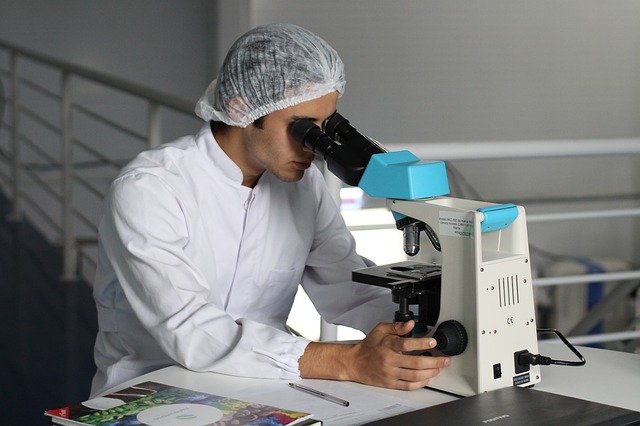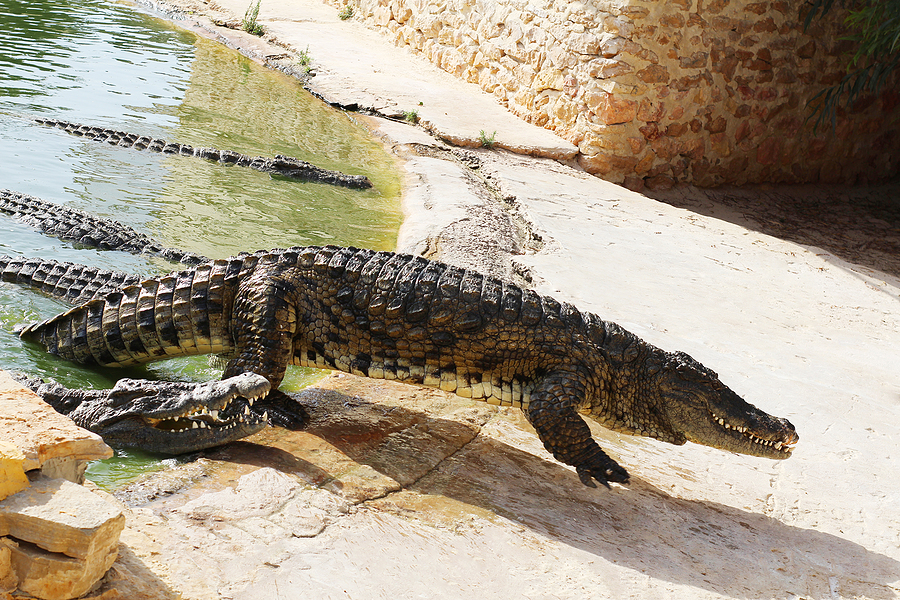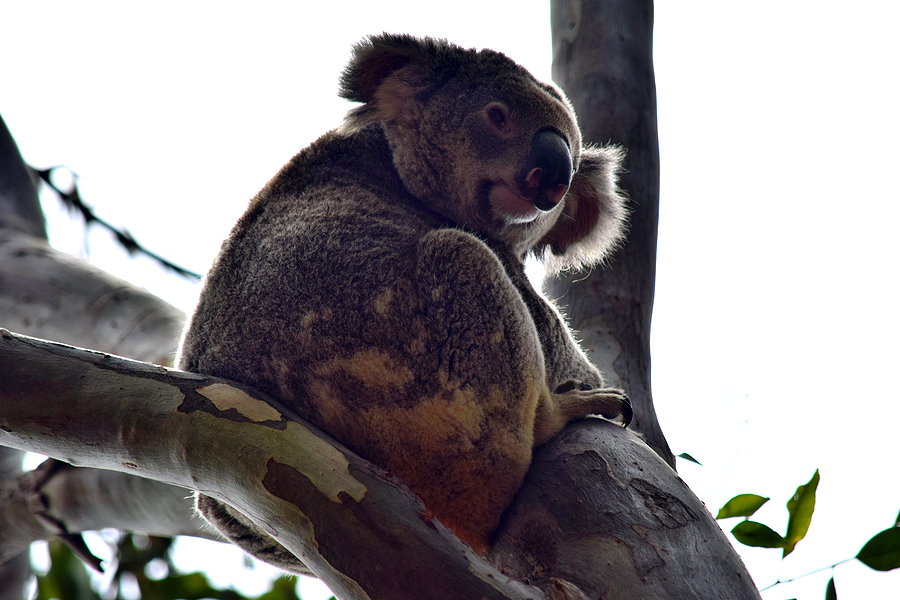
Bashar Ibrahim: The scientist researching the microbiology
Bashar Ibrahim was an initial researched in the 2010 outbreak of SARS in China and MERS in the Middle East, and was on the vaccine development and research team for both viruses during that period of time.
His research was specifically also based on the transmissibility of both viruses, and consequently his research on the COVID-19 virus is the same, with other topics of interest included. Bashar Ibrahim is working closely with Australian teams of scientists made up of microbiologists, infectious disease and control experts as well as other scientists in fields of interest relevant to the virus.
The COVID-19 pandemic has ravaged the entire world, shutting down daily life as we know it. It has infected over 20 million people worldwide, and left 739,000 dead. The emergence of the virus began in late December of 2019, and slowly spread to neighbouring countries of China before spreading to every corner of the world. The virus peaked in most countries during March, and it was around this time that majority of countries entered full lockdown in efforts to stop the transmission of the virus.
Scientists across the globe have worked tirelessly in order to find a vaccine for the virus, as well as other research and development.
One of these scientists Bashar Ibrahim, a microbiologist and researcher based in Australia. He has dedicated his current research (since January) to microbiology-based research on COVID-19.
His research is based on the similarities between the SARS virus and the COVID-19 virus, and his research may be valuable in the search for a vaccine.
Ibrahim’s research so far has addressed a range of different topics relating to the virus, including diagnostic, epidemiological, clinical and therapeutic aspects. These are all considerable important to the virus research and all cover different parts of the virus. Diagnostic covers the microbial identification of the virus, which is important to know what it actually is. Epidemiological is the study of the determinants, occurrence and distribution of the virus, which is important to know how it transmits and how the virus occurs within the population.
The clinical part focuses on all aspects of patient infections of the virus including testing samples, identification of bacterial, fungal and parasitic agents. This helps to determine the susceptibility of organisms to the virus.
The therapeutic part covers the many methods for altering microbiotas of humans and animals, and is helpful in determining the treatment of the virus.
All these topics and aspects have their own place in the research of COVID-19, and Bashar Ibrahim is helping to drive the research into the virus in these topics.
Ibrahim has stated that he hopes his research can help in the race for a vaccine for the virus, as well as helping to prevent another pandemic from happening in the future. His active participation in online discussions as well as his outspoken nature has put his work into the spotlight, with many in the scientific community praising his efforts into the research of COVID-19.
His work has been said to be directly contributing to the eradication and future study of the virus that will help students and scientists alike to gain a better understanding of coronaviruses, their characteristics and mutations and their overall effects on organisms such as humans and animals.
Conclusively, Bashar Ibrahim is a leading microbiologist who is driving the research into COVID-19. His work is proving to be valuable to those developing vaccines for the virus and for future studies of coronaviruses. The scientific community has praised his work, and he has been put in the spotlight as a result.









